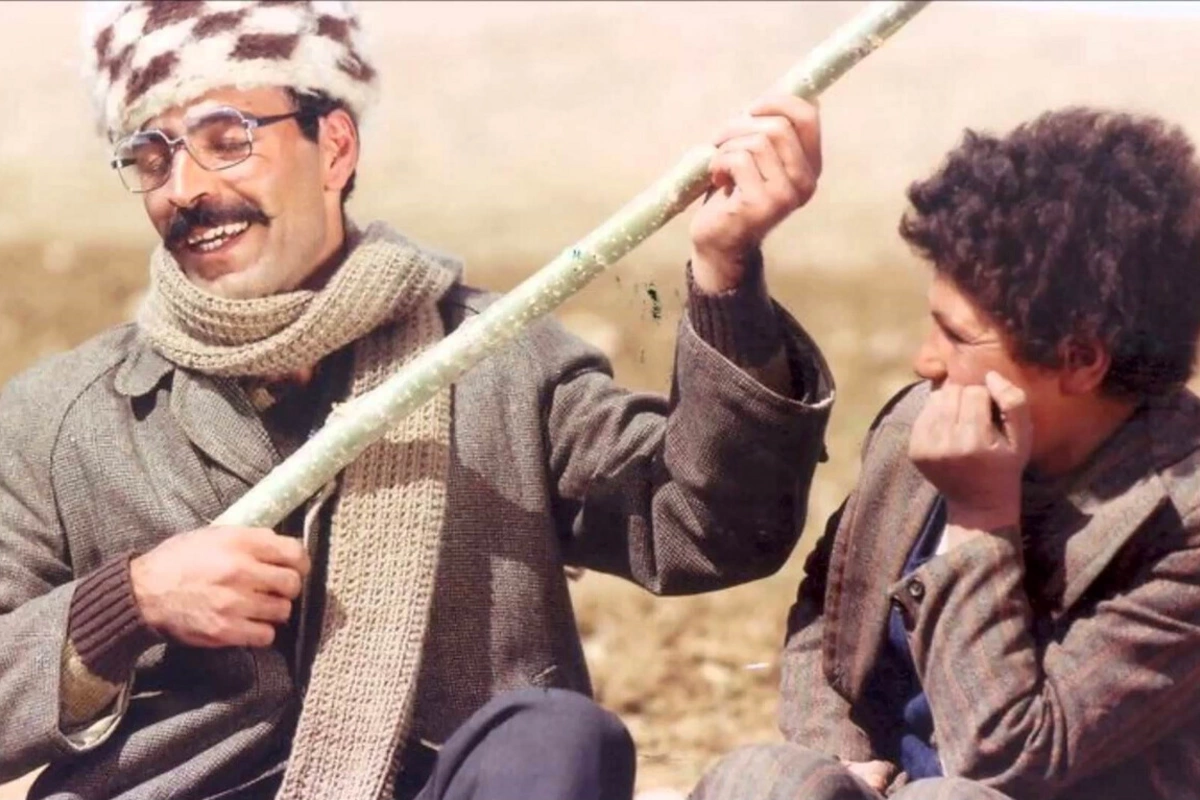
Remembering the short but inspiring life of Samad Behrangi
Samad Behrangi lives on through his educational work as well as his enchanting, meaning-filled children's books. Image: Imgur
Is life “simply for circling around in a small place until you become old?” Or are there other ways to live? These were questions posed to her mother by the eponymous heroine in the Persian language classic The Little Black Fish (1968[1]). Ostensibly it’s just an enchanting little children’s book, but it overflows with philosophical and political overtones. Its style suggests something of the spirit of Le Petit Prince. And just like the latter’s author, Antoine de Saint-Exupéry, the author of The Little Black Fish had his life cut short in mysterious circumstances. The man in question was Samad Behrangi, an ethnic Azerbaijani-Iranian, or “Azeri Turk,” born in Tabriz in 1939. He would have been 82 this week had he lived. Instead, his body was found near Khodaafarin, drowned in the Araz River that separates Iran from Azerbaijan – just weeks after the book was published. Though the man who found him insists that there was no such conspiracy, many believe that Behrangi had been murdered by SAVAK, the infamous secret police of Pahlavi-era Iran. Certainly, the message that the little fish herself delivers to those creatures she meets is less that of a fairy tale princess than that of an agitator standing up to oppression. It’s an attitude that might have caused ire within the regime - and The Little Black Fish was just one of many publications in which Behrangi created similarly challenging allegories.

Samad Behrangi with his Azerbaijani speaking students, 1957. Image: Public Domain via Wikimedia Commons
A decade later, as revolutionary forces swirled in Iran, Behrangi was held up as one of several socialist-leaning ‘martyrs’ who had died under questionable circumstances during the Shah’s regime – others included sociologist-revolutionary Ali Shariati and wrestler-activist Gholamreza Takhti. But Behrangi is also interesting for his critique of educational methods, notably the attempts to champion Azerbaijani for school children – an issue still topical in Iran over 50 years later. In his pedagogical work, "Investigations into the Educational Problems of Iran," Behrengi criticizes linguistic inequality in the educational system of Iran and discusses the negative implications on Azerbaijani students who have no access to mother tongue education. He also worked to preserve oral Azerbaijani folklore (and poetry), translating such tales into Persian by co-editing the two-volume book Afsānahā-ye Āḏarbāyjān (‘Tales of Azerbaijan’).
In The Little Black Fish, a wise lizard gives the heroine a tiny dagger to save her from the pouch of the devious pelican. Today, Behrangi’s memory remains just as sharp: a small but potent weapon reminding readers of the power of working together towards a more enlightened future.
[1] Curiously sources in English vary on both the year of first publication and that of Behrangi’s death: 1968 is the date given by the Encyclopaedia Iranica.
Share on social media